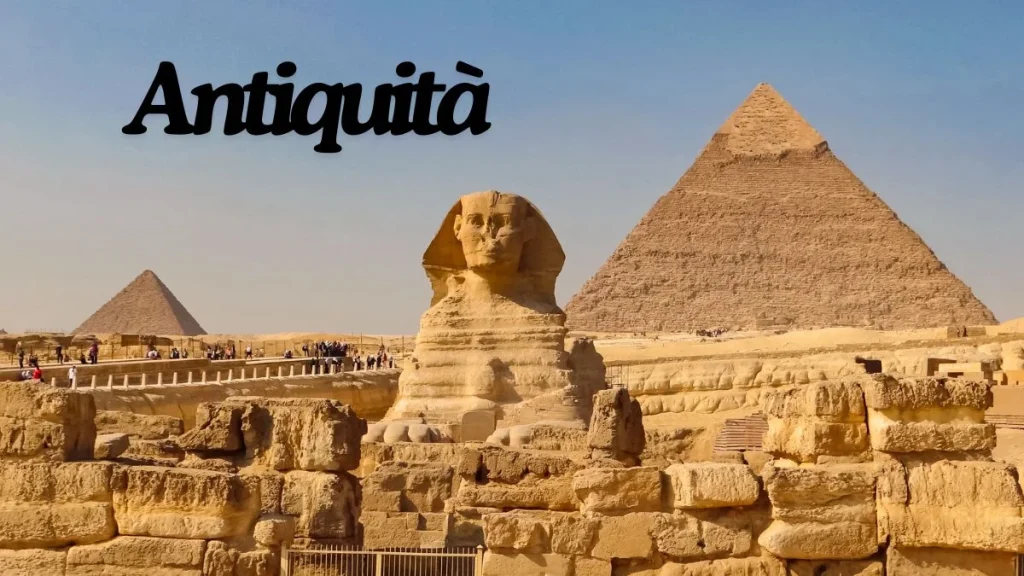Antiquità, an enchanting realm of historical artifacts and art, captures the essence of ancient civilizations and their timeless beauty. This article delves into the captivating world of antiquities, exploring their significance, categories, and the stories they tell about our past.
Defining Antiquità
Antiquità, derived from the Latin word “antiquitas,” refers to ancient objects and artworks that have historical, cultural, or archaeological significance. These items, often centuries old, provide a window into the lives, beliefs, and artistic achievements of past civilizations.
Historical Context
The fascination with antiquities dates back to the Renaissance when collectors and scholars sought to preserve the remnants of Greek and Roman cultures. Over time, the study and collection of antiquities expanded to include artifacts from ancient Egypt, Mesopotamia, and beyond.
Types and Categories of Antiquities
Artifacts
Artifacts encompass a wide range of objects, from everyday items like pottery and tools to ceremonial pieces and jewelry. These objects reveal insights into the daily lives and customs of ancient peoples.
Sculptures
Ancient sculptures, crafted from marble, bronze, and other materials, showcase the artistic prowess and religious beliefs of early civilizations. Famous examples include the Venus de Milo and the Terracotta Army.
Paintings
While fewer ancient paintings have survived, those that remain, such as the frescoes of Pompeii, offer a glimpse into the visual artistry and themes prevalent in ancient societies.
Manuscripts
Manuscripts, including scrolls and codices, preserve the literary and intellectual heritage of ancient cultures. The Dead Sea Scrolls and the Book of Kells are notable examples.
Cultural Significance
Antiquities are more than mere objects; they are cultural treasures that connect us to our past. They illuminate the evolution of art, religion, politics, and social structures, enriching our understanding of human history.
Collecting Antiquities
Collecting antiquities can be a rewarding pursuit, but it requires careful consideration of provenance, authenticity, and legal issues. Reputable dealers, auction houses, and museums are essential resources for collectors.
Preservation and Conservation
Preserving antiquities is a critical task that involves preventing deterioration and restoring damaged items. Techniques such as climate control, careful handling, and conservation treatments ensure these treasures endure for future generations.
Notable Collections and Museums
Institutions like the British Museum, the Louvre, and the Metropolitan Museum of Art house some of the world’s most significant collections of antiquities. These museums play a vital role in preserving and displaying ancient artifacts for public education and enjoyment.
Legal and Ethical Considerations
The acquisition and trade of antiquities are governed by laws and ethical guidelines aimed at preventing looting and ensuring the preservation of cultural heritage. International treaties, such as the UNESCO Convention, seek to protect antiquities from illicit trafficking.
Famous Antiquities and Their Stories
Stories of famous antiquities, such as the Rosetta Stone and the Elgin Marbles, highlight their historical importance and the controversies surrounding their ownership and repatriation.
The Market for Antiquities
The market for antiquities is robust, with items fetching high prices at auctions and galleries. However, the market is also fraught with challenges, including forgery, illegal excavation, and the need for stringent provenance verification.
Technological Advancements in Studying Antiquities
Advances in technology, such as 3D scanning, radiocarbon dating, and DNA analysis, have revolutionized the study of antiquities. These tools provide new insights into the age, origin, and context of ancient artifacts.
Challenges and Controversies
The world of antiquities is not without controversy. Issues such as cultural repatriation, the impact of war and conflict on archaeological sites, and the ethics of private ownership versus public display are hotly debated topics.
Expert Insights
Experts in the field of antiquities, including archaeologists, historians, and conservators, offer valuable perspectives on the significance and challenges of preserving ancient artifacts. Their insights help guide ethical practices and inform public understanding.
Future of Antiquities
The future of antiquities lies in balancing preservation with accessibility. As technology advances and global awareness of cultural heritage grows, efforts to protect and study these ancient treasures will continue to evolve.
Conclusion
Antiquities offer a profound connection to our shared human heritage, illuminating the achievements and struggles of past civilizations. By studying, preserving, and respecting these ancient artifacts, we ensure that their stories endure for generations to come.
FAQs
What defines an antiquity? An antiquity is an ancient object or artwork that holds historical, cultural, or archaeological significance.
Why are antiquities important? Antiquities provide insights into the lives, beliefs, and artistic achievements of ancient civilizations, enriching our understanding of human history.
How are antiquities preserved? Antiquities are preserved through climate control, careful handling, and conservation treatments to prevent deterioration and restore damaged items.
What are the legal considerations in collecting antiquities? The acquisition and trade of antiquities are governed by laws and ethical guidelines aimed at preventing looting and ensuring the preservation of cultural heritage.
What role do museums play in the preservation of antiquities? Museums house significant collections of antiquities, playing a vital role in preserving and displaying these artifacts for public education and enjoyment.
How has technology impacted the study of antiquities? Advances in technology, such as 3D scanning and DNA analysis, have revolutionized the study of antiquities, providing new insights into their age, origin, and context.

